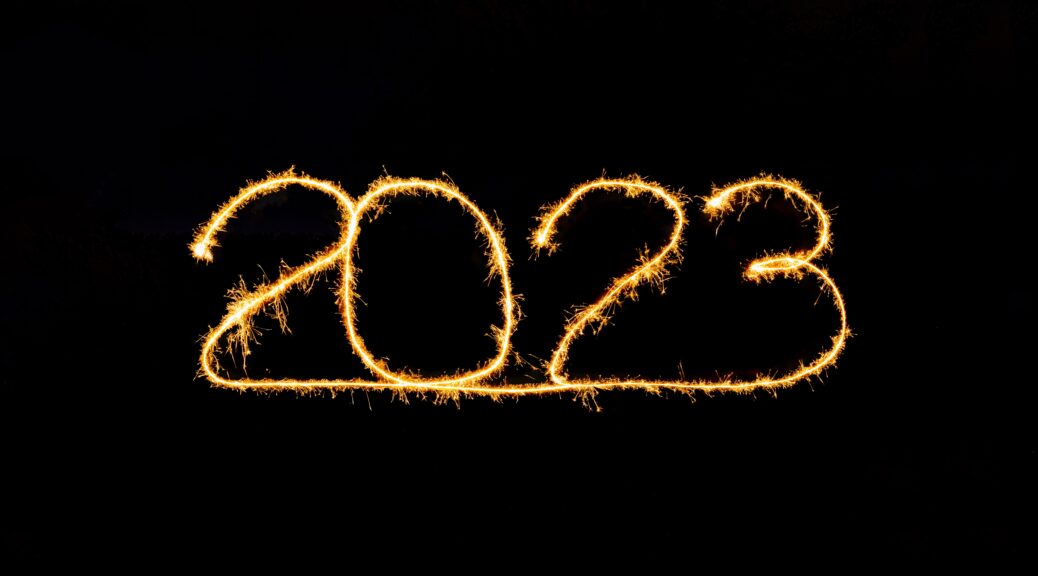Diversity language seems to wander through a series of predictable phases. First, someone comes up with a new term like micro-aggressions, or retrofits an old dictionary word like violence. A few terms catch on and become diversity specialist standard fare, then enter public lingo, sometimes celebrated, sometimes mocked. Finally, after the heat dies down and new verbal fads replace them, those formerly-hot terms settle in for the long (or short) haul, during which people tend to mouth them in a relatively mindless, sometimes authoritarian fashion.
Unfortunately, such has been the trajectory of the term privilege. Beginning with its entrance into diversity world in the 1980’s, privilege has passed through several stages, ultimately becoming corrupted into little more than a simplistic, polarizing accusation. This is a real loss, because as formulated by Peggy McIntosh, privilege provides a valuable lens for examining the world around us. It does so by calling upon people to recognize and reflect on the unearned advantages that have been handed to them.
In my teaching in the medical school at the University of California, Riverside, I rigorously use McIntosh’s formulation. This includes a two-hour required module on privilege for all first-year medical students. I have found that McIntosh’s conception of privilege offers an exceptional process for identifying, examining, and taking steps to address systemic and cultural dimensions of health inequities.
McIntosh endowed her use of privilege with a clarity and precision lacking in most other diversity terms. As framed by McIntosh, privilege refers to unearned group-based advantages supported by institutions, systems, and culture from which individuals benefit without lifting a finger or even recognizing that they are benefiting from those advantages. A little girl walking up a flight of stairs who doesn’t have to ponder her able-bodied privilege. A man who doesn’t have to contemplate his male privilege as he saunters into the men’s restroom during a theatre intermission while his wife parks herself in a seemingly endless line outside the women’s room. Those who don’t have to ruminate on their unearned advantage of driving while white without considering that other drivers might be stopped by the police simply because of the color of their skin.
McIntosh’s privilege focused on self-recognition, not guilt. Without the finger-pointing and blame-assigning qualities inherent in too many diversity concepts, McIntosh called for self-reassessment of personal privilege as a step toward greater equity and inclusivity. If people recognized that they have received unearned advantages, they should be willing to help modify systems, structures, and culture to create possibilities for others to access those very same opportunities.
McIntosh wrestled with the idea of interlocking identities before intersectionality became a diversity buzzword. In the process she portrayed a world that was far more complex than the simple binary of those with or without privilege. Depending upon what dimension you are addressing, anyone can have privilege.
An individual can benefit from the unearned advantages of one social category while lacking privilege in another. Poor people can have white privilege and black people can have class privilege, while both can benefit from straight privilege even without recognizing it. And poor, rich, white, colored, straight, and gay Americans can enjoy citizenship privilege simply by being born in the United States, while immigrants have to earn those same citizenship advantages.
McIntosh also argued that privilege could be contextual, not absolute. When she wrote about the unearned advantages of white privilege, she indicated that she accrued many of her advantages because she was situated in a predominantly-white educational institution in a predominantly-white community. If she suddenly found herself ensconced in a historically black college or university or in a Hispanic community, some of the unearned advantages of whiteness might temporarily disappear, although certainly not all of them.
Over the years I have continuously given privilege workshops. I do so by drawing on McIntosh’s formulation while avoiding the manipulative and accusatory corruptions of her idea. When used for rigorous self-reflection and the analytical examination of systems, her framing provides a valuable lens for uncovering and addressing inequities.
But don’t I get blow back from people whom I accuse for having privilege? No, because I don’t accuse anybody or assign guilt. I simply help students and workshop participants examine their own lives and recognize what unearned advantages have been bestowed on them in order to encourage them to take steps to create pathways so that others can more readily access those same benefits. And I use the idea of privilege with organizations and institutions to help them reexamine themselves in order to identify where their systems, structures, or culture may have created or reinforced privilege.
Privilege analysis is no all-purpose solution for the world’s problems. However, thanks to Peggy McIntosh, privilege provides diversity advocates with a marvelous way to help individuals and institutions assess the world around them by addressing the inequities fostered by systems that create unearned advantages.
Photo by Moritz Knöringer on Unsplash
- Diversity and Speech Part 44: Generations of Gender Talk – by Carlos Cortés - March 1, 2024
- Diversity & Speech Part 43: How 3 College Presidents Flunked Their Speech Midterm Exam– by Carlos Cortés - January 29, 2024
- End of Affirmative Action? A Tale of Two Stories – by Dr. Carlos Cortés - August 8, 2023


Excellent article. Thanks for sharing